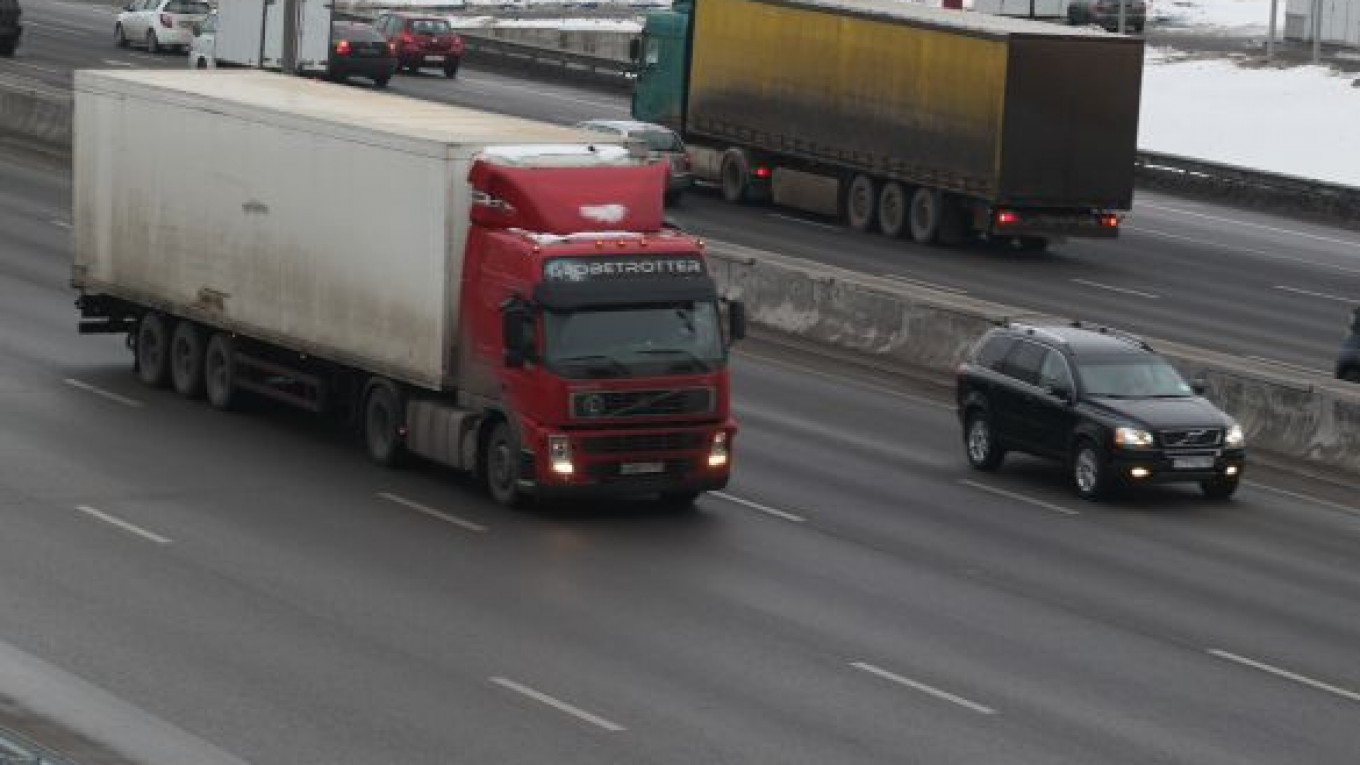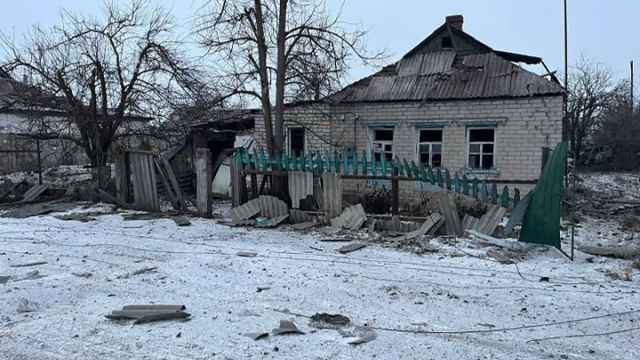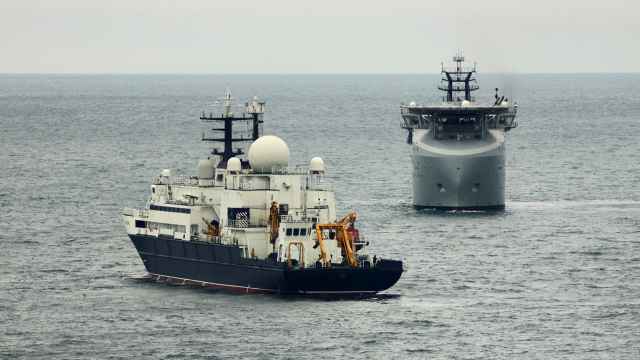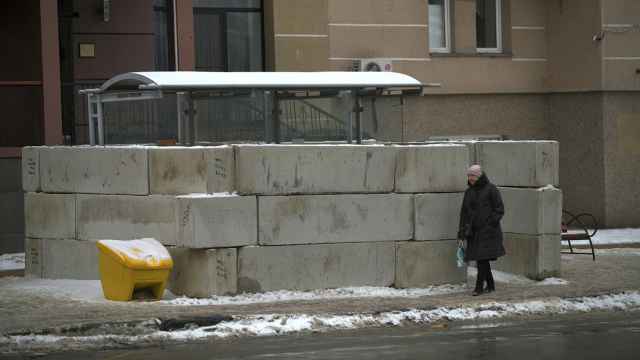The ban on heavy trucks on the Moscow Ring Road during the day has not prompted truck drivers to use the special parking lots set up by city authorities for them to wait at, a municipal official said Friday.
The ban from the MKAD from 6 a.m. to 10 p.m. on trucks of more than 12 tons transiting Moscow came into effect Friday. It will be expanded to include trucks headed for the city as of May 1.
Between May 1 and Oct. 1, the ban will also be extended until midnight on weekends and holidays to give dacha owners a clear run to and from their country homes.
Maxim Liksutov, the deputy mayor in charge of transportation, said that not a single truck had visited the city-built parking lots by Friday at noon, Interfax reported.
Liksutov stressed the city authorities are working with the traffic police to monitor the trucking situation in the capital following the ban’s entrance into force.
He told journalists that authorities had built several holding parking lots in Moscow and the region that can hold up to 1,000 vehicles.
“Several parking lots and rest areas for temporary parking of high-tonnage vehicles have been organized on federal and regional roads,” he said. And the website was set up to provide truckers and logistic firms with information about the lots.
Meanwhile, officials noted a significant reduction in the number of heavy trucks on the MKAD on Friday, although city authorities believe it is merely a temporary drop.
“We cannot say we expect that the use of heavy trucks on the MKAD will stop entirely in a matter of days or even months,” Liksutov said.
Moscow traffic police said they will continue to monitor the situation on the roads for possible violations of the ban on high-tonnage trucks as well as to provide timely information for truck drivers about areas with congested traffic and detour routes in the area.
The fine for using heavy trucks on and inside the MKAD will be 300 rubles ($10). Police will be using more than 100 automatic cameras to identify violators, who will be fined by mail, RIA-Novosti said.
City authorities began considering limitations on the volume of heavy transportation on Moscow roads after a 30-kilometer-long traffic jam on Feb. 5 had caused a virtual transportation collapse in the city.
The measure, initially intended to ease congestion on the MKAD, was later criticized by traffic experts and logistics managers for being poorly conceived and premature.
They warned that it could overload already poorly equipped regional roads and cause a hike in logistical costs for Moscow-based companies, leading to higher prices in the capital.
A Message from The Moscow Times:
Dear readers,
We are facing unprecedented challenges. Russia's Prosecutor General's Office has designated The Moscow Times as an "undesirable" organization, criminalizing our work and putting our staff at risk of prosecution. This follows our earlier unjust labeling as a "foreign agent."
These actions are direct attempts to silence independent journalism in Russia. The authorities claim our work "discredits the decisions of the Russian leadership." We see things differently: we strive to provide accurate, unbiased reporting on Russia.
We, the journalists of The Moscow Times, refuse to be silenced. But to continue our work, we need your help.
Your support, no matter how small, makes a world of difference. If you can, please support us monthly starting from just $2. It's quick to set up, and every contribution makes a significant impact.
By supporting The Moscow Times, you're defending open, independent journalism in the face of repression. Thank you for standing with us.
Remind me later.






